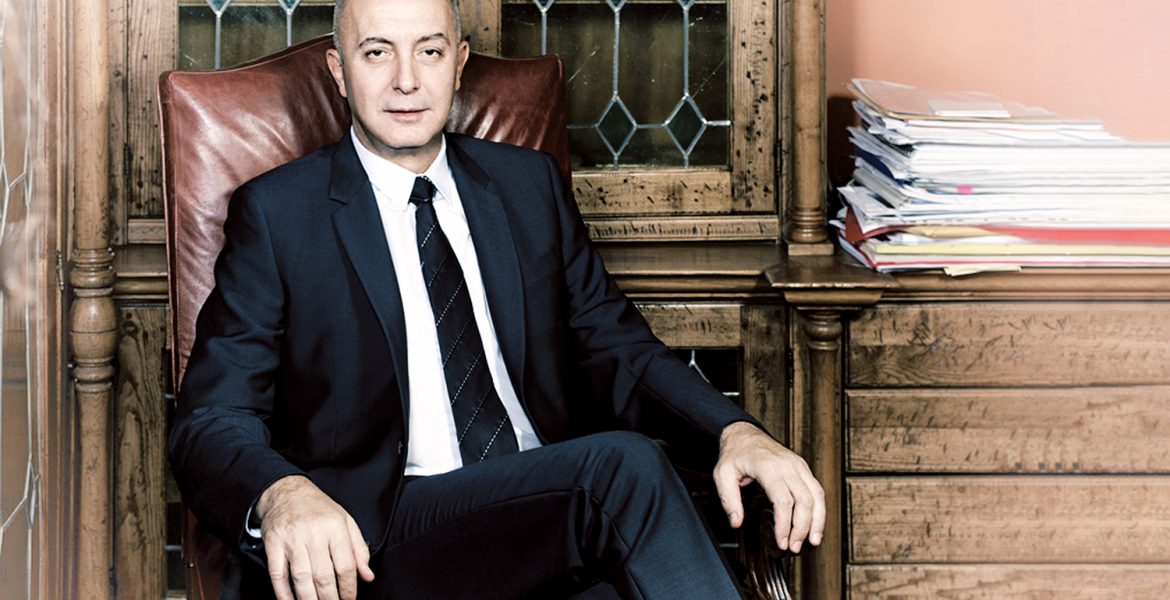The High Court decision in London that Romanian businessman Gabriel Popoviciu must not be extradited to Romania highlighted concerns about that country’s legal system. Popoviciu’s case exposed that the Romania legal system does not meet the standards expected of a country with membership of the European Union. The robust judgment from the appeal court went so far as to say Popoviciu suffered a “complete denial of fair trial rights”. This is the first time that the High Court has concluded that extradition to an EU Member State represents a real risk of a “flagrant denial” of a requested person’s Convention rights.
The European arrest warrant has allowed fast-track extradition between members of the European Union from 2004 onwards. The arrangement is based on the concept that each European country can have faith in one another’s legal system. The decision that Popoviciu must not be sent back was a landmark decision as it indicated that the injustice he had experienced in Romania shed light on the failings of Romania’s judicial system, ending any pretence that it could be relied upon to meet European standards.
Popoviciu was convicted of ‘complicity in abuse of power’ in his native Romania in 2016. The case related to the land used for the development of the Băneasa project in Bucharest, a contribution in kind of a state-owned university to the social capital of Baneasa Investments SA. Popoviciu was sentenced to nine years’ imprisonment, reduced to seven years on appeal. The Romanian authorities requested his extradition from the UK. In August 2017 Popoviciu went in good faith to the Metropolitan Police in England and a district judge ordered his return to Romania. After hearing fresh evidence, the Court of Appeal ordered his release.
Judge Holroyde and Judge Jay J handed down a decision quashing the order for Popoviciu’s extradition to Romania, describing his case as “extraordinary”. They found that there was credible evidence to show that the trial judge who convicted Mr Popoviciu in Romania – whilst holding judicial office, and over a number of years – corruptly assisted “underworld” businessmen with their legal matters. In particular, the trial judge had provided “improper and corrupt assistance” to the complainant, and chief prosecution witness in Mr Popoviciu’s case, including the soliciting and receiving of bribes. The trial judge’s failure to disclose his pre-existing corrupt relationship with the complainant – and the Romanian authorities’ failure properly to investigate this link – were crucial to the UK court decision.
The London court concluded that Mr Popoviciu was not tried by an impartial tribunal and that he had “suffered a complete denial” of his fair trial rights as protected by Article 6 of the European Convention on Human Rights. They also asserted that the serving of a prison sentence based on an improper conviction would be “arbitrary” and that extraditing Mr Popoviciu would consequently represent a “flagrant denial” of his right to liberty as protected by Article 5 of the European Convention.
The Court accordingly quashed the order for extradition and allowed the appeal.
Popoviciu’s trial was conducted in Bucharest by Judge Ion-Tudoran Corneliu-Bogdan (“Tudoran” for short). After complaints against the judge, Tudoran was investigated for alleged abuse of his office. In June 2019, he asked for permission to retire with effect from October. After press reports about his unexplained wealth, he said he wanted to retire sooner, in August, forfeiting some of his pension rights. He was allowed to retire in September 2019 but a prosecutor was unable to interview Tudoran in October because, by then, the former judge was in a psychiatric hospital.
At the appeal court in London, Popoviciu claimed that Tudoran had, for many years, “conducted himself in a wholly unjudicial manner, and has been guilty of corrupt acts” — in particular when dealing with two men called Pirvu and Becali. “A key feature of the relationship alleged between Judge Tudoran and Becali is the soliciting of bribes,” said Holroyde. “Another key feature is the participation of the two men in illegal gambling.”
Despite the fact that some of the defence evidence was unconvincing, Holroyde found “credible evidence of at least the following allegations against Judge Tudoran: he had a long-standing relationship with Pirvu, in the course of which he had improperly and corruptly assisted Pirvu in legal matters; he also had a relationship over a number of years with Pirvu’s friend Becali, in the course of which he had again provided improper and corrupt assistance with legal matters; he had participated in illegal gambling sessions with both those men; and he had received one bribe and solicited another.”
The judge said: “I cannot conclude on the balance of probabilities that these allegations are true; but in all the circumstances of this very unusual case, I accept that they may well be.
Moreover, the Romanian court had “plainly failed to put forward any evidence or information which dispels these concerns”. An investigation would have been expected, said Holroyde. “I also agree with Mr Fitzgerald that it is a surprising aspect of the Romanian criminal justice system if the late discovery of an undisclosed friendly relationship between a trial judge and an important prosecution witness ‘would not constitute a reason to review a final decision’.”
Holroyde concluded: “It is important to note that it is a particular, and unusual, feature of this case that the evidence does not show merely a relationship of friendship between judge and witness. It provides substantial grounds for believing that the relationship was also one which involved improper, corrupt and criminal conduct by a serving judge. The evidence shows a real risk that the appellant suffered an extreme example of a lack of judicial impartiality, such that there can be no question as to consequences for the fairness of the trial. If there was such a relationship, Judge Tudoran clearly should not have presided over a trial in which Becali was the complainant and an important prosecution witness; but he did not recuse himself, and there was no disclosure to the parties even of the fact that the two men knew one another.”
Leading legal commentator Joshua Rozenberg said of the case: “The real lesson of this case is a more chastening one: you don’t have to travel far to find judicial behaviour that would be unthinkable in the United Kingdom. It should also be unthinkable in the European Union.”
It is likely decisions will occur around Europe as the Romanian justice system is put under the spotlight of extradition courts around Europe and fails to meet the standards expected of European legal systems.




